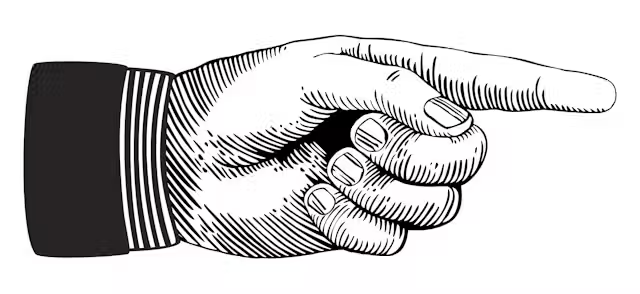created, $=dv.current().file.ctime & modified, =this.modified
tags:deixis
At work I am figuring out how to provide business logic to an event, which will allow it to be “current.” Current belongs to the present time.
What criteria specifies that which is “current”? Because references to the current, become stale with time, supposing the current pointer changes.
For examples, the “current” latest batman movie is the last Batman movie produced. We write this down in text. A new Batman movie comes out in a year, and this imaginary pointer we hold in ourselves, shifts to the new Batman movie (when we encounter knowledge of the new one). This new one is current.
But still, within the calcified text record, what we have is reference to the Old Batman movie as current. I can imagine these structures, and instances of current Batman being possibly deeper than the actual “current” - say if Batman films die out.
I was thinking of how our society would exist if these references were present throughout matter and automatically updated. Time is this fixed-ness.
As another example, you play a game and there’s a reference to Twitter. Now Twitter is called X. The game code is all hard code. How can we make this reference accurate? Imagine the game also takes place anachronistically in the future. (Also, it’ll always be Twitter - how does one delete that with no alternative verb to a tweet?)
Can we make an ever present object? Like such that all references are kept up to date within that Island. The twitter logo. The twitter name. The dialogue that speaks it. The character. If we delete twitter, collectively forget it, what is inserted in its stead?
We film a clock with a camera. Can we make the time always present time?
Vandermeer’s Southern Reach Trilogy, but they release a new novel. Now there are static references all over that specify it as a Trilogy when it is at present a Tetralogy or quartet (if people will even understand what a Trilogy +1 even is).
Every trilogy has a built in iterator?
You can find the age of physical globes this way, by viewing the surface of the map and then seeing what has changed - the country that no longer exists, so that places this globe at so and so spot in time.
You can rename yourself. You put a tag on with your new name. You introduce yourself with your wrong name. You introduce yourself with a different name each time.
You introduce yourself as Matt, Matthew, Matty. These are context dependent. The stranger, whose name is also Matt - is Matt. The closer to family, Matthew. The unrequited, no name uttered at all.
The history of humanity, as this passing of reference. This accumulation of symbols. Trilogies becoming split and unfolding. Trilogies of trilogies. Movements of movies, which were stories.
These are all the same problems I am facing. They are all these language games I play that are divorced from things. Yeah you shift the current, yeah you change your name. But it wasn’t even your true name to begin with. Just an arbitrary thing.
I’m getting nowhere. It’s just something pointing at me and never not.
Manicule, Body in Books and Analysis of Love

I think Ted Nelson has some overlap here with his concept of bi-directional links (which weren’t adopted with our one way hyperlinks.) It seems it might even go back further to Vannevar Bush and the Memex.
The reason for not implementing bidirectionality of links makes sense, citing negative behavior at references but it does make sense in digital gardens or within single sites.